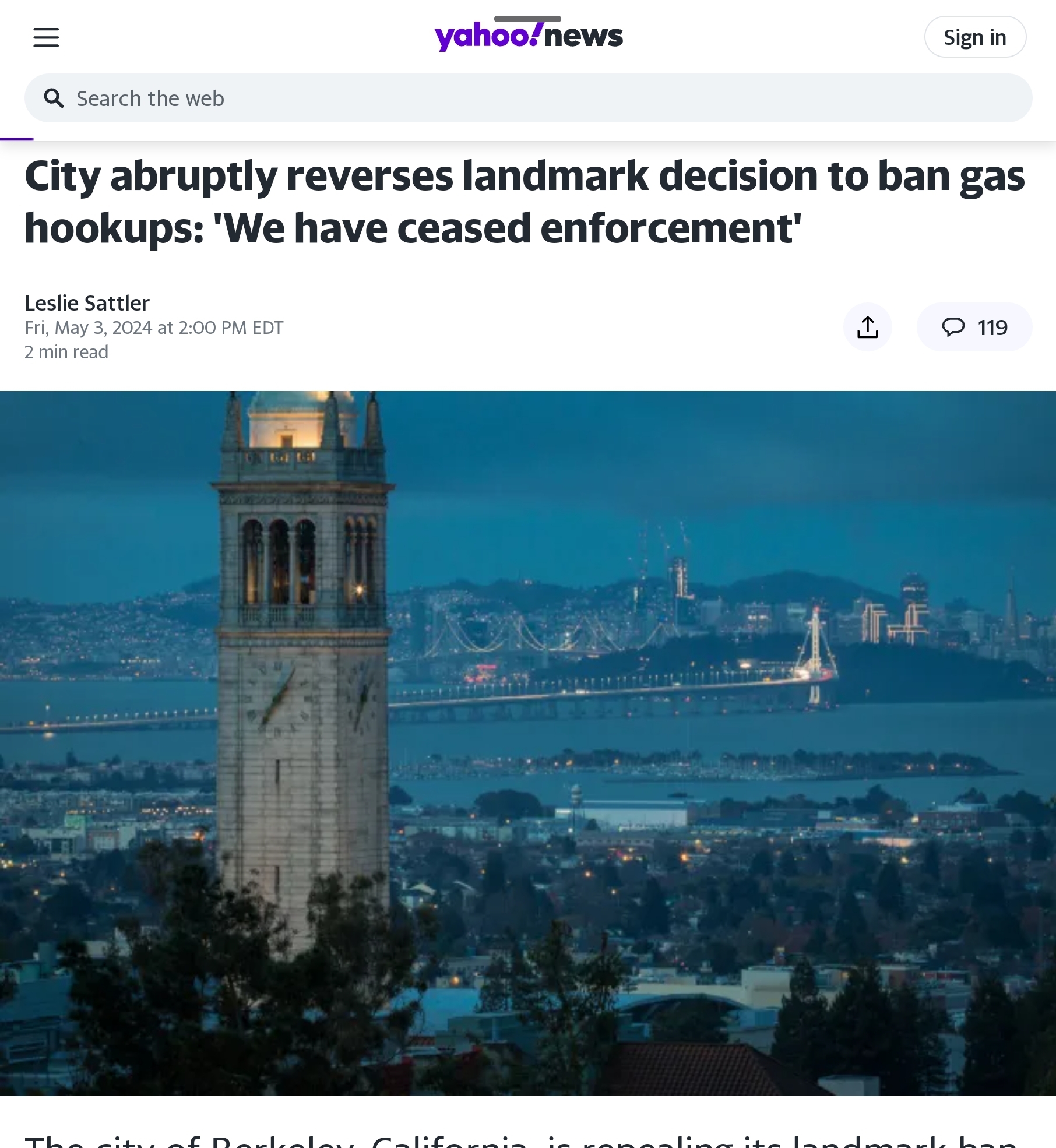The Earth has become hotter, and so have the discussions to limit global warming. In the concluding weeks of the hottest year on record, the global body responsible for mitigating the impact of climate change urged nations to shift away from fossil fuels.
- Business Insider Africa presents 5 major African economies to be affected by fossil fuel phase-down.
- This list consist of major oil and gas producing countries in Africa.
- African countries argue that they have the right to harness their natural resources and progress, just like wealthier nations.
What this development means is that countries whose economy is dependent on fossil fuels must consider diversification for their economy to stay vibrant. Failure to do so exposes them to the risk of reduced investment and a shrinking market for their fossil products.
Many African countries fall into this group and could see less money coming in from oil in the future. This is bound to intensely affect many of the continent’s economies already caught in the web of heavy debt and dwindling revenue.
However, African countries argue that they have the right to harness their natural resources and progress, just like wealthier nations. Nonetheless, this approach is unsustainable, particularly from an investment perspective. Engaging in the production of fossil products or investing in projects without a viable market poses significant risks.
Below are 5 major African economies that could be heavily affected by the phase-down of fossil fuels:
1.Nigeria
Nigeria
Nigeria is Africa’s main oil producer. It plays a pivotal role in Nigeria’s economy, contributing significantly to government revenue and foreign exchange earnings. The country heavily relies on oil exports to sustain its budget, making it vulnerable to fluctuations in global oil prices. Oil accounts for 90 percent of its foreign exchange earnings and finances 80 percent of the total government revenue.
2.Libya
Libya
As one of Africa’s leading oil producers, Libya’s economy is deeply intertwined with the fossil fuel industry. A shift away from oil and gas would likely result in decreased demand and investment in Libya’s primary export, impacting its economic stability. Libya’s real GDP per capita is among the highest in Africa due to its vast oil and gas reserves. Hydrocarbons make up around 95 percent of exports and government revenue.
3.Angola
Angola
Angola is Africa’s third-biggest oil producer, and its economy is heavily dependent on its oil & gas industry. Oil & gas products make up more than 90 percent of its exports. Crude oil exports alone accounted for US$39.94 billion in 2022, an uplift of 44 percent from 2021.
4.Algeria
Algeria
Oil revenue is Algeria’s main source of income for the country and accounts for nearly 25 percent of the GDP. Algeria is essentially dependent on the hydrocarbon industry, and at the same time vulnerable to the volatile oil market.
5.Egypt
Egypt
With large reserves of both resources, Egypt has been a prominent player in the oil and gas sector for a long time. The oil and gas industry in the country accounts for about 15% of the country’s GDP and 31% of foreign direct investment (FDI).




